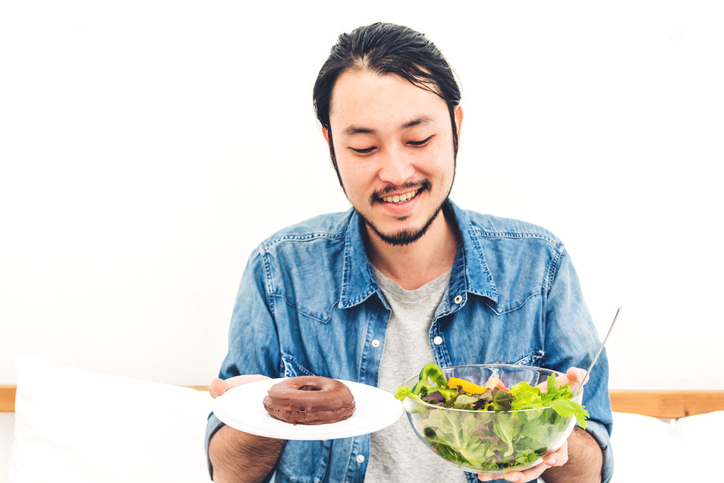The pandemic’s disruptions to daily life have been many. Seamlessly navigating through this new normal may feel like something only Instagram influencers are capable of tackling with grace, when the truth is many of us are just trying to make it from one day to the next. During these days dotted with question marks, it’s easy to develop habits that can have negative and unintended consequences on our physical and mental health.
“We are all looking for relief from life’s stresses, but we don’t always have the right tools. And trying to power through isn’t realistic or a good long-term solution,” says Kim S. Narvaez, a licensed family and marriage therapist with Sutter Health.
“The upshot is there are ways you can develop skills to cope with life’s ups and downs and find healthy ways to relax and feel better,” she says.
Here are some tips for setting yourself up for success:
Avoid Unhealthy Short-Term Strategies
Notice if you have fallen into negative patterns which may have started off as ways of comforting yourself, like obsessive online shopping, excessive social media use, watching too much TV, and mindless eating.
Be aware that unhealthy habits may turn into addictions and diagnosable conditions requiring treatment and professional help. Smoking tobacco, drinking too much alcohol, illicit drug use, online gambling, binge or restricted eating, hoarding, and self-injury like cutting are all signs you are dealing with stress in unhealthy ways.
Develop Healthy Habits
Good coping strategies help us through the rough times and get us moving in the right direction. The following are signs that you are doing things that are helpful:
• You feel proud, accomplished, confident and productive
• You have positive thoughts about yourself, others and the world in general
• Your coping tools don’t result in wasted time, effort and money
• Your mindset is hopeful, without feelings of shame or guilt
• You feel more energized, present and effective
Be Proactive
Don’t let unhealthy behaviors put you on defense. Instead, avoid developing them altogether by taking steps to:
• Identify harmful coping behaviors and make a commitment to stop
• Set personal goals to achieve a healthy lifestyle and create a self-care plan
• Be consistent in using strategies to properly tackle minor and major stressors
• Recognize how you are responding to uneasiness, minor annoyances, restlessness, boredom, isolation, disconnection, sadness, worrying, insecurities, and feeling overwhelmed.
Get Support
“Enlisting the support of a spouse, roommate or buddy to check in with is a good strategy to incorporate into your weekly routine,” says Narvaez. “They know you well and can help point out behaviors you’re unaware of.”
If your issues become too much to bear and you feel like you’re spiraling to gain control, then seek professional help. Your primary care provider can refer you to a licensed, professional therapist who can help you gain awareness, reach goals and change behaviors.
“There’s zero shame seeking help,” says Narvaez. “Acknowledging, addressing and getting unhealthy behaviors in check is a responsible way of taking charge of your health.”





